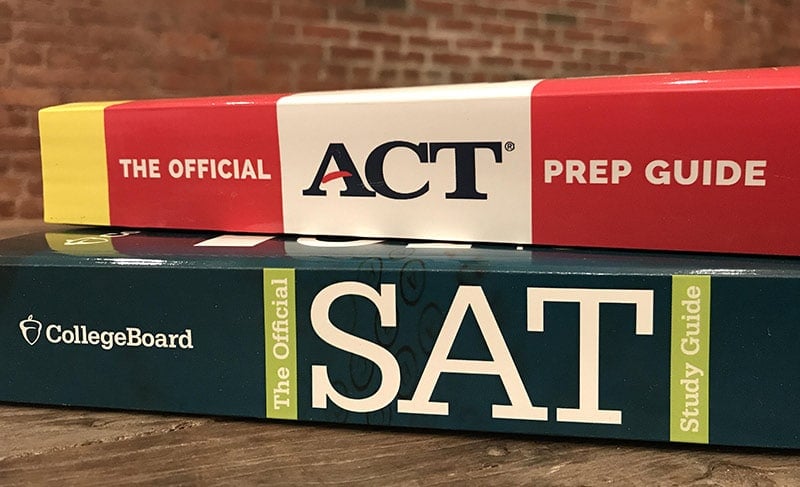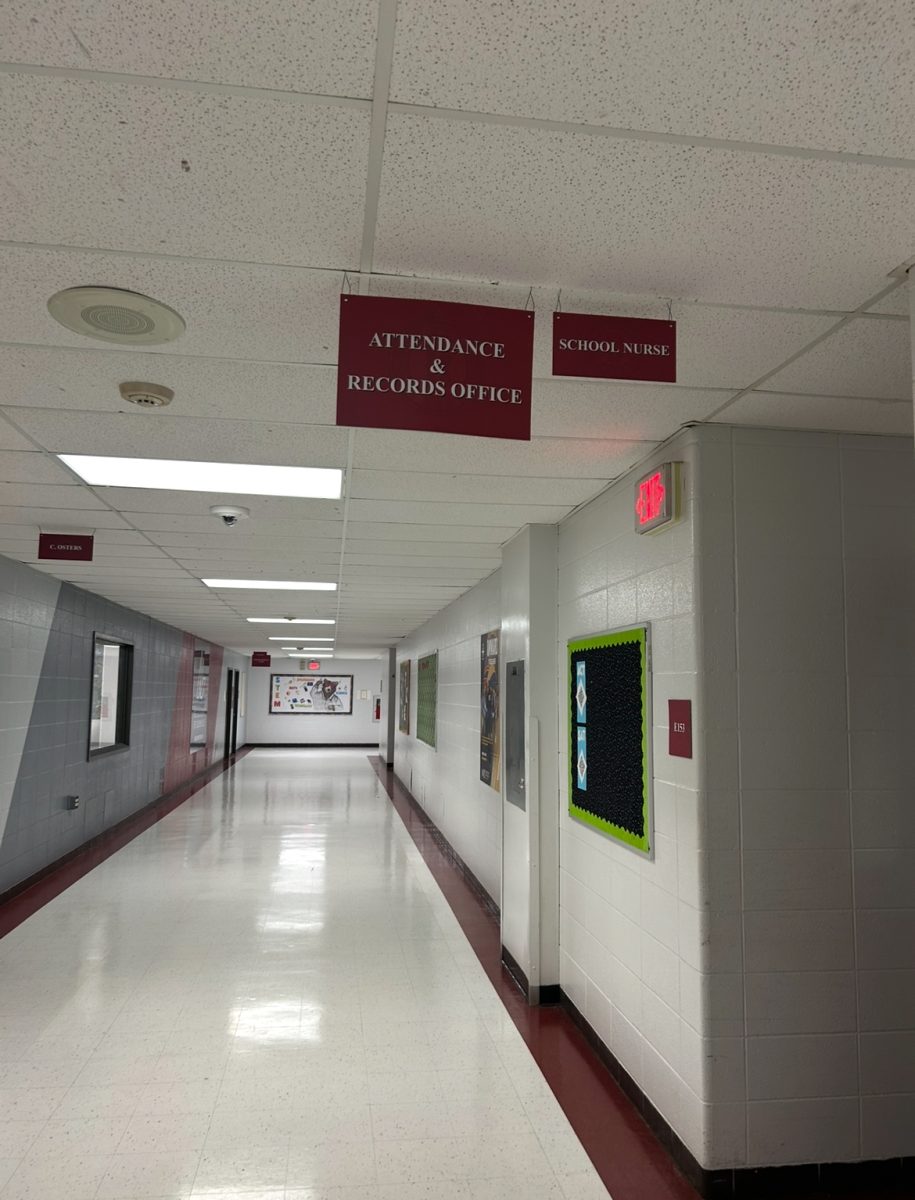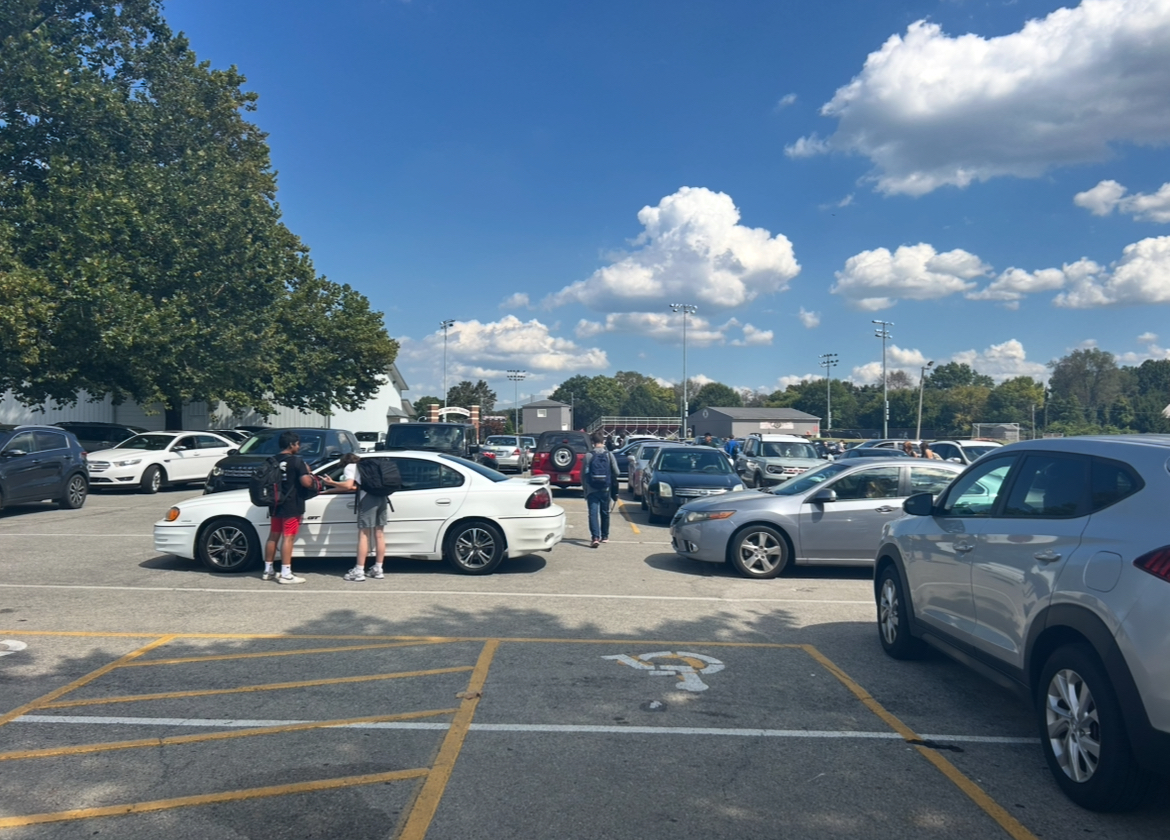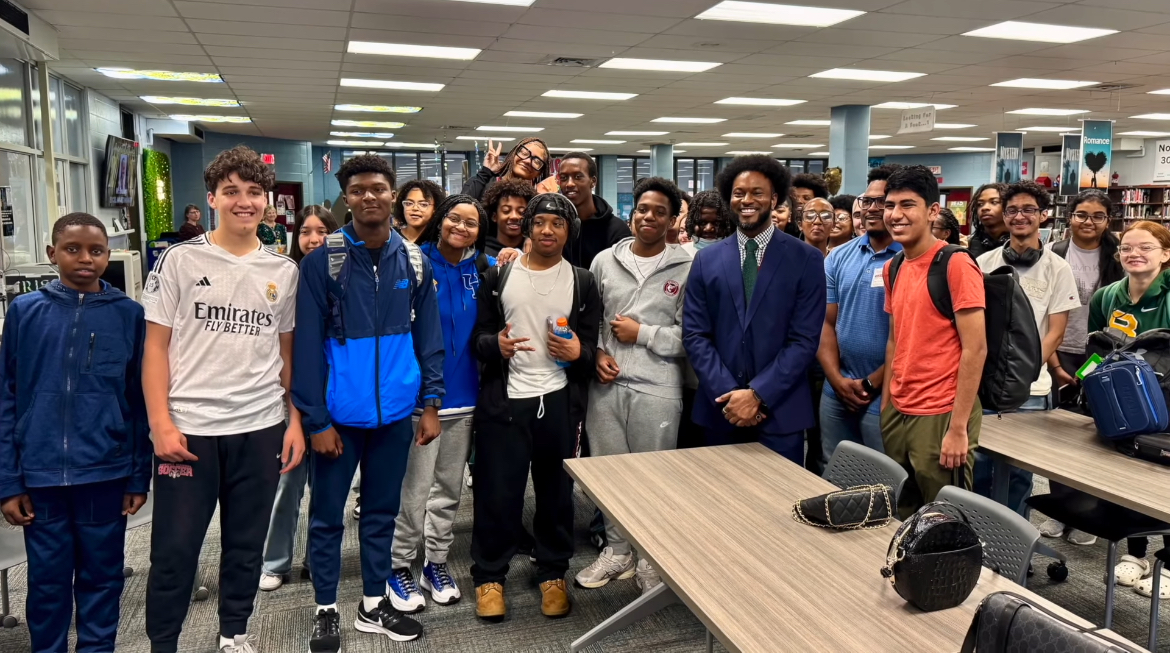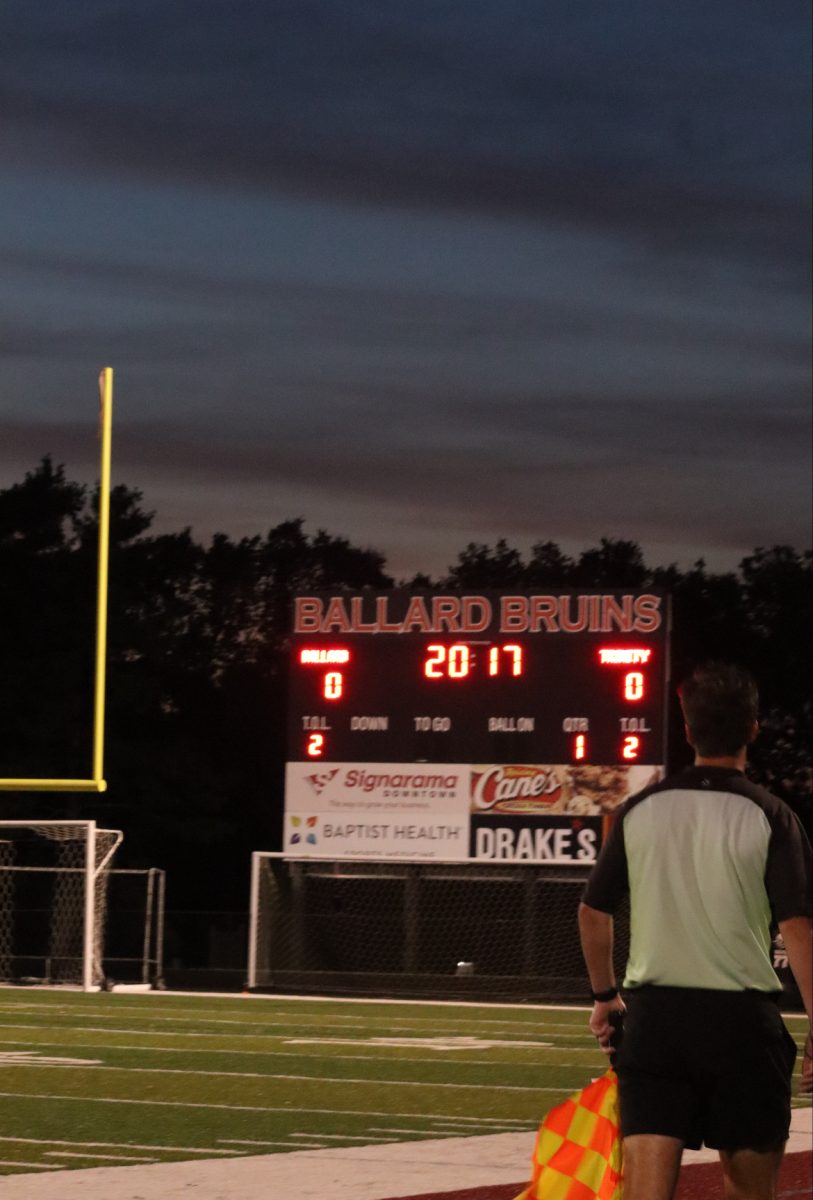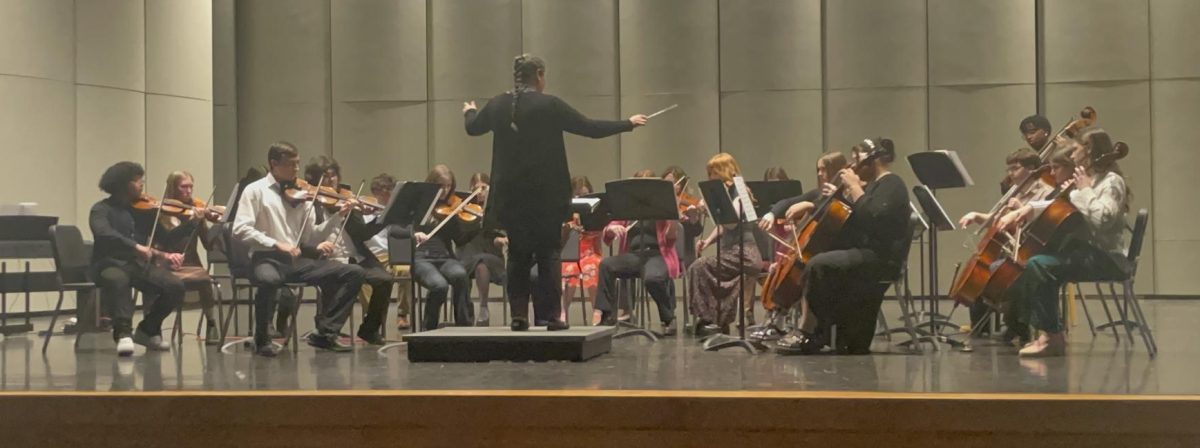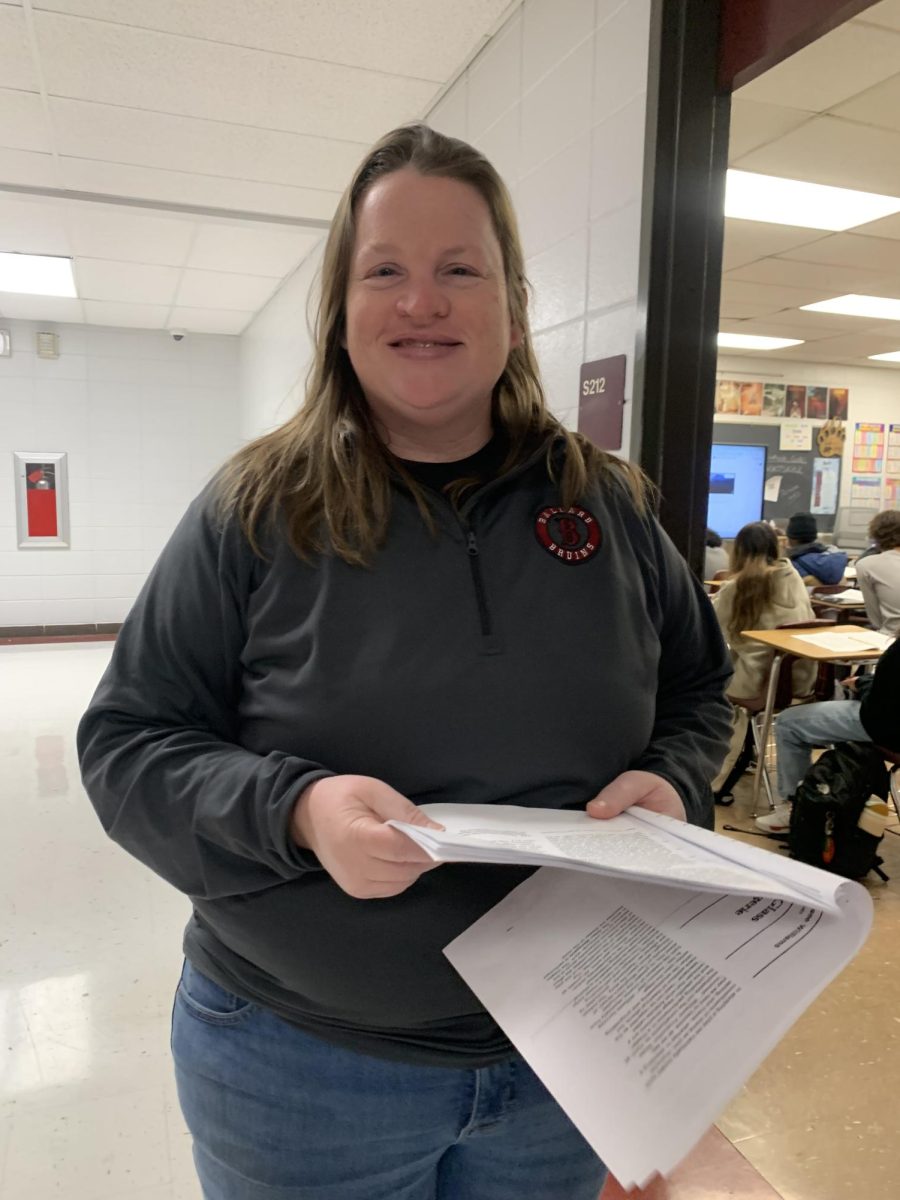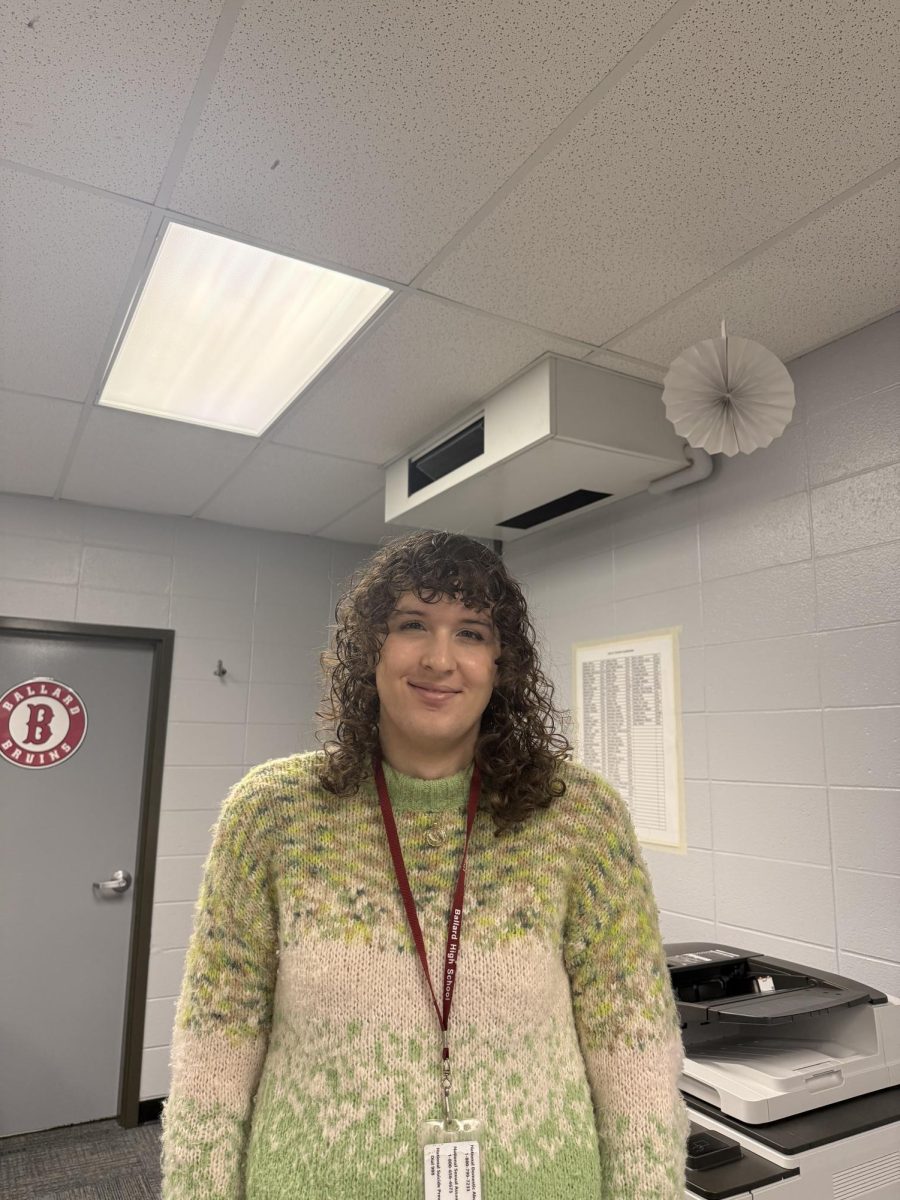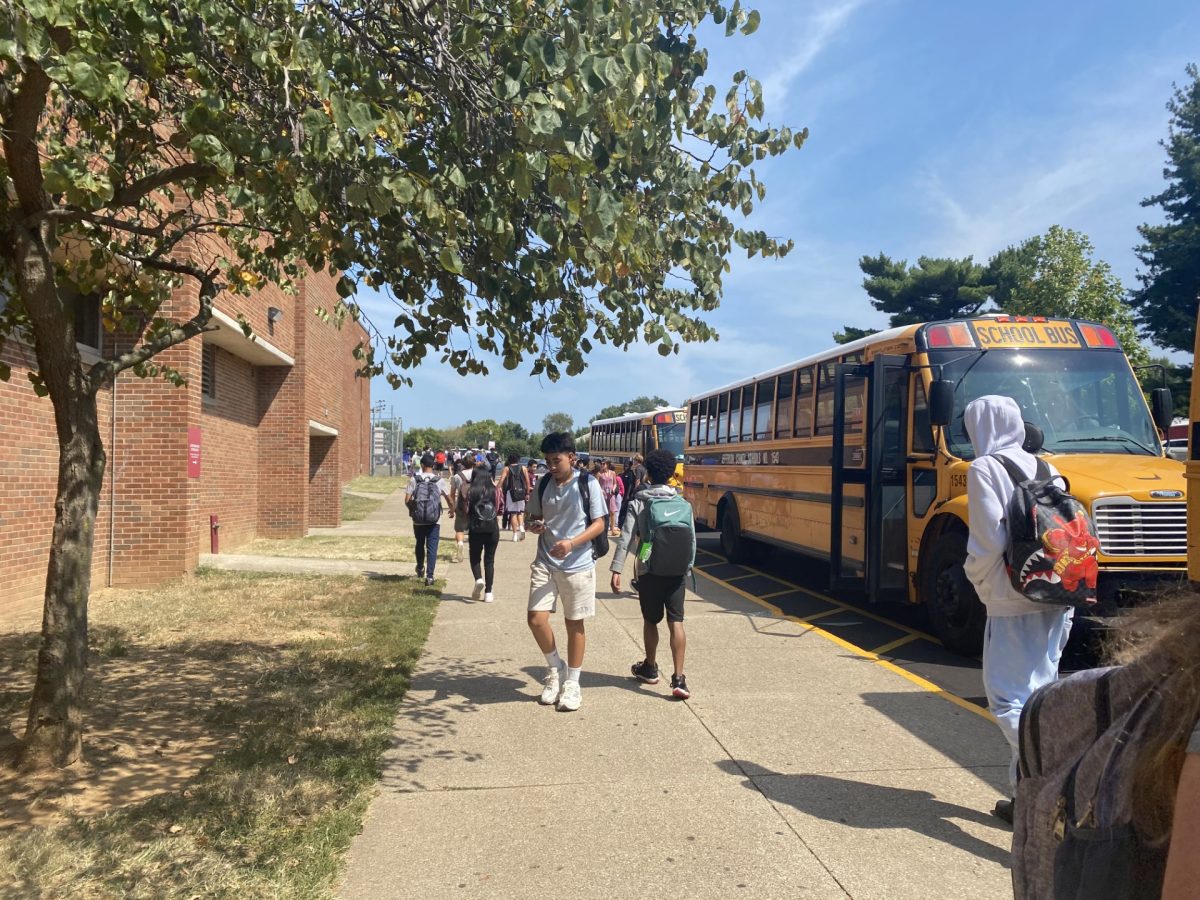Following concerns over the racial equity of JCPS’ decision to cut transportation to magnet schools, a civil rights lawsuit was filed against JCPS in late June. However, as fears that this would disrupt the first day of school mounted, the lawsuit has been put on pause for two months.
In the lawsuit, two JCPS parents, Mary Bledsaw and Taryn Bell, claim that the new JCPS busing plan will disproportionately affect Black students, who may now have to attend less desirable neighborhood schools due to a lack of transportation. The complaint asserts that this will further the already existing achievement gap between Black and white students in JCPS.
Concern over the new transportation plan is not new. One point of contention during the April 10 board meeting that voted to cut transportation for students attending magnet programs was whether or not the new transportation plan passes JCPS’ racial equity test. At board meetings held in November and February, the REAP (Racial Equity Analysis Protocol) committee examined potential transportation plans, including proposals to cut transportation from magnet programs. However, the results of this meeting have been debated. Some board members claim that the proposed plan did not pass REAP, whereas JCPS claims that the plan did pass REAP. In need of a final decision before next school year, school board member Chris Kolb had tweeted that the meeting to vote on transportation would be held Tuesday, April 16. In alignment with this, the REAP committee was planned to meet on Thursday, April 11 to again put the new transportation plan through REAP. However, with a barely 24-hour notice, the JCPS school board called a special meeting for Wednesday, April 10, before the REAP meeting could be held. Many people have speculated that the vote was suddenly moved before the REAP meeting because board members thought that the new plan would not pass REAP. School board members claimed that they were unaware of the scheduled REAP meeting.
The new lawsuit reignites these concerns over equity. The lawyer representing the parents, Teddy Gordon, argues that the new plan violates the 14th amendment and Titles VI and VII of the Civil Rights Act of 1964. Title VI explicitly states that exclusion from the benefits of any program or activity receiving federal financial assistance on the ground of race, color, or national origin is illegal. In the lawsuit, Gordon claims that JCPS is violating students’ rights as outlined in these acts.
However, only students who are unhoused or have certain special needs are federally required to receive transportation. And, in the new transportation plan, students who meet these requirements are given transportation, even to magnet schools.
Additional concern over the new transportation plan stems from the fact that magnet school busing has been critical to integration in JCPS schools for decades. Following the Brown v. Board decision to desegregate schools, Louisville was famously stubborn when it came to integration. Brown v. Board was decided in 1954, but Louisville made no attempts to integrate schools until 1974 when they were given a court order to integrate, forcing immediate action. To comply with the court order, two previously separate and largely racially homogeneous school districts—Louisville and Jefferson—merged into one and began assigning both Black and white students to be bused across the now gigantic district in order to forcefully integrate the new JCPS. As a result, JCPS became one of the most integrated school systems in the country and saw positive results. So, when the court order ended in 2000, JCPS decided to still allow people to be bused across the county for magnet programs in an attempt to preserve integration.
Now, JCPS is extremely unique in its allowing of school choice and magnet programs. And, JCPS also remains among the most integrated school districts in the nation despite deep-rooted segregation in Louisville itself. However, busing across the district, something that has been pivotal to racial integration in JCPS over the past decades, is no longer. Like the lawsuit asserts, this year may be the start of a return to de facto segregation and inequality in JCPS.
In response to the lawsuit, JCPS superintendent Marty Pollio testified in court about the hypothetical disaster that may follow a return to the old transportation plan. The current bus routes took about three months to rework from last year and solidify. If JCPS were forced to re-implement magnet school transportation, Pollio estimated that a new plan likely wouldn’t be ready until November. The possibility of returning to NTI during these months was discussed.
JCPS has also repeatedly stated that should they have a sufficient amount of bus drivers, transportation could be restored for some magnet schools in the coming months. In fact, this school year is the first year JCPS has had more bus drivers than routes. This hope that things may resolve themselves is part of what led to the decision to pause the lawsuit.
In the 60 days the lawsuit is paused, JCPS has agreed to provide transportation to magnet schools for the children of the parents involved in the suit.
